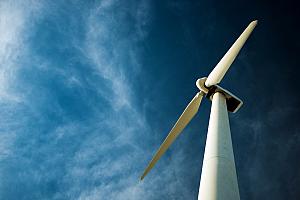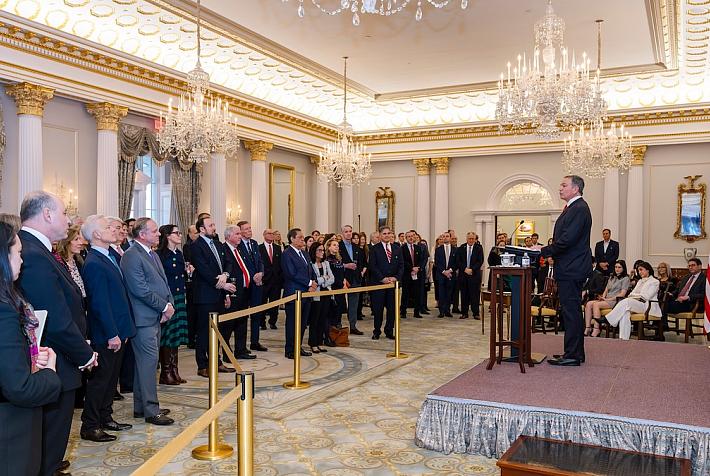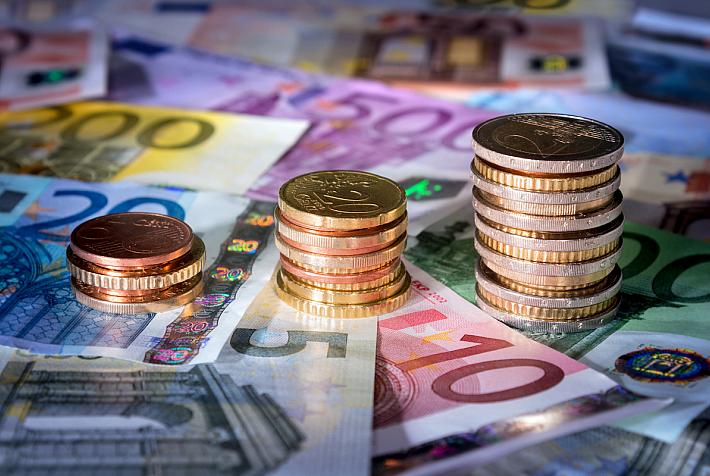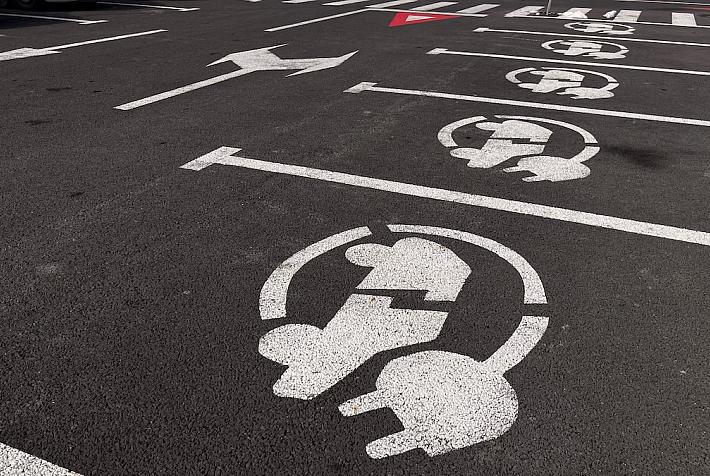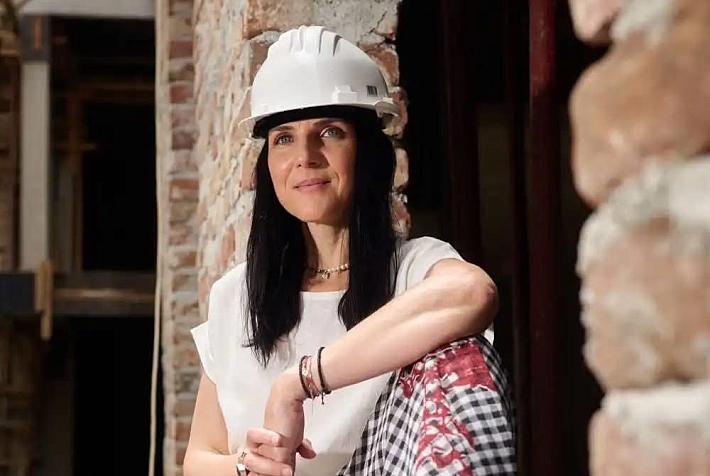Romania’s energy grids need EUR 15 billion in investments by 2030, PPC Romania CEO says
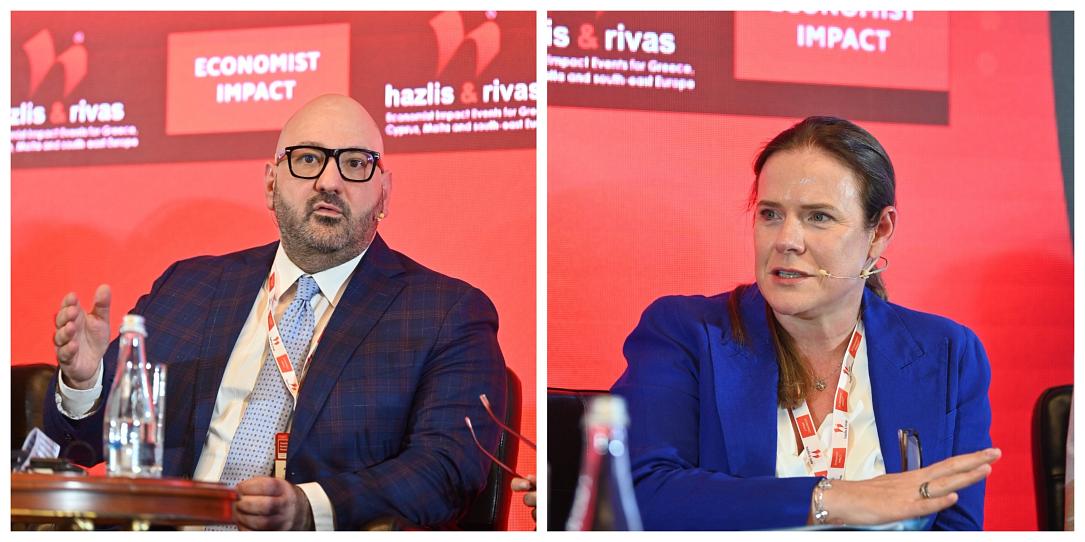
A significant part of the energy transition will have to do with energy grids and their development, and Romania needs billions of euros to this end, according to Alessio Menegazzo, CEO and country manager at PPC Romania.
Featured during the “Can energy security and affordability go hand in hand?” panel on the second day of The Economist’s Fourth Romanian Business & Investment Roundtable, taking place in Bucharest, Menegazzo spoke of the future of energy in Europe and Romania.
The issue of energy currently flies under the radar of populists, according to the company official. Moreover, the transition is still spoken of in terms of costs and not opportunity, even in specialized circles. Nevertheless, the countries in which there was a huge deployment of renewables and massive investments in networks have today the best electricity prices in Europe, one example being Spain.
“I won’t make the case for investments in renewables, that should be a no-brainer. But I will make the case for investments in grids, [...] and this needs to be planned,” Menegazzo added. He also said that investments totaling EUR 600 billion are needed in Europe’s energy grids in the coming period to make them flexible, decentralized, digitalized, and to accommodate high-scale renewables and prosumers.
Similarly, investments of up to EUR 15 billion by 2030 are also needed in Romania, and most of it will need to be covered by the private sector.
Menegazzo also criticized the approach taken by the Romanian Government in the energy sector in recent years. Increased taxation and regulation happen at the same time as Romania’s Government asks energy producers and transporters to ramp up their investments. All the while, the state owns 80% of power generation in the country, the PPC representative said.
“Now, this private sector is called to invest at a huge scale to prepare the grids for the future, not in their own interest. Usually, this call is issued electorally, while authorities refurbish regulatory frameworks that are positive for the companies, not for the citizens,” he said. “We may have a problem if we don't find the correct way to accelerate private investment, [...] and we look forward to discussing it with regulatory Romanian authorities,” Menegazzo added, also noting that such investments will not be covered by EU funds, which will only extend to 10-15% of the needed sums.
The Greek energy giant, PPC, completed its takeover of Enel Romania in the autumn of 2023 in a transaction of over EUR 1.24 billion. Since then, the company has invested in wind farms in the country and is set to make further similar purchases.
Also present in the same panel, OMV Petrom’s CEO Christina Verchere highlighted the fundamental importance of the security of energy supply. She noted that Romania has enormous potential as a natural gas producer and in the renewables sector. OMV plans to invest EUR 11 billion in Romania in the coming period, EUR 1.6 billion per year, much of it in the offshore Neptun Deep project, she added.
“Supply is one thing, but getting the supply to the customer is fundamental, this is becoming more important,” Verchere said.
(Photo source: Economist Impact Events for Greece, Cyprus, Malta and southeast Europe on Facebook)







